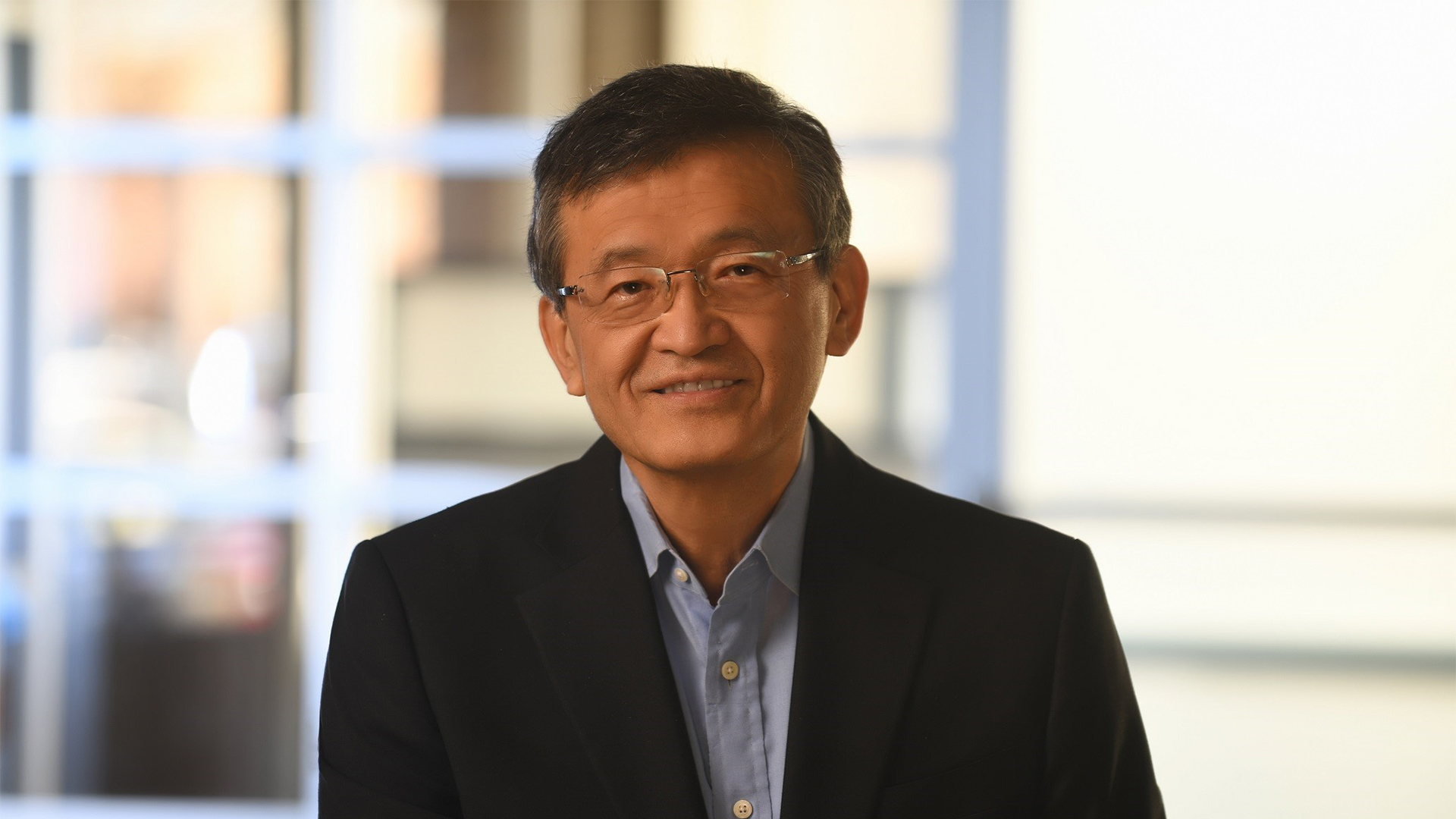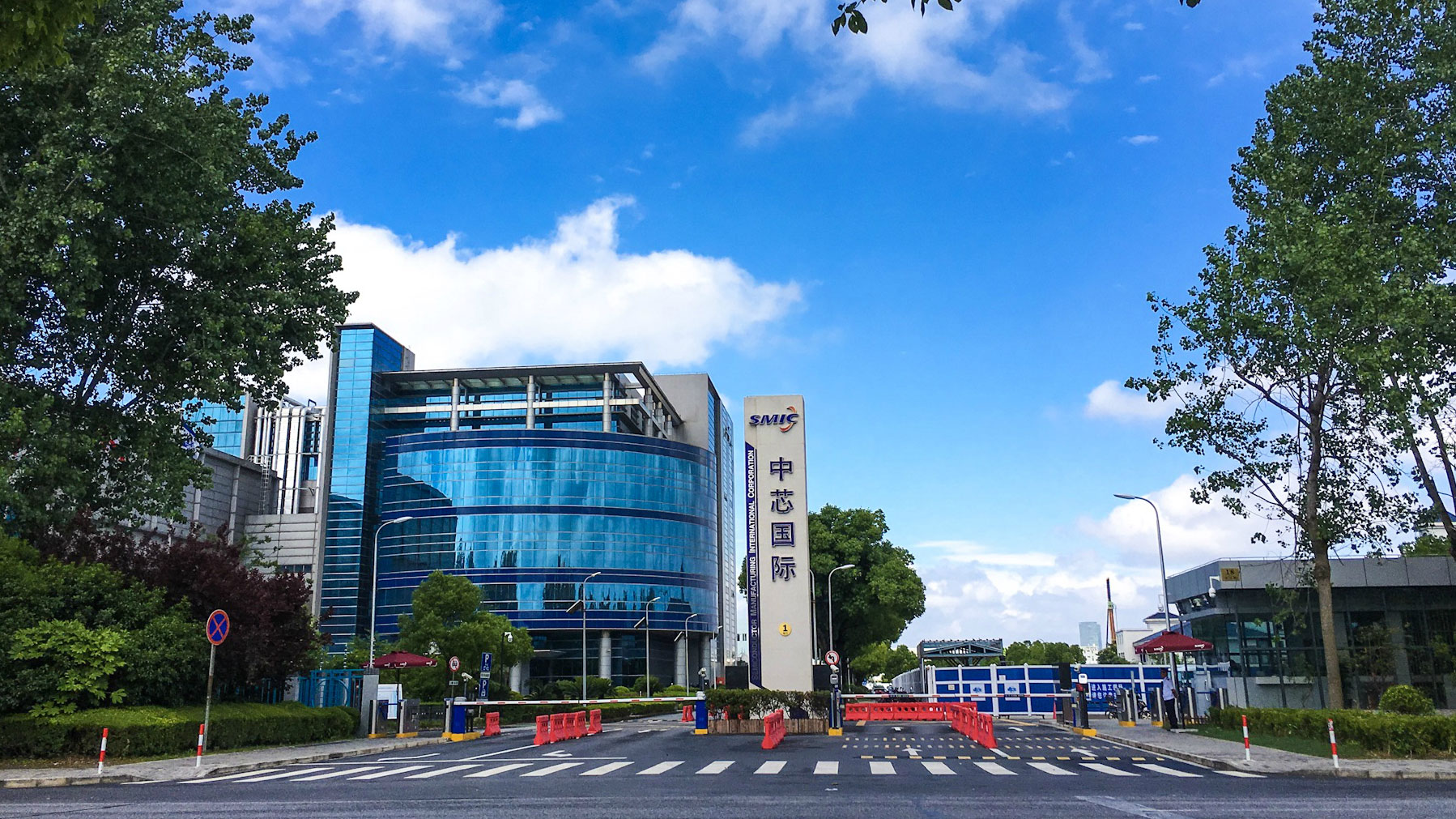U.S. Senator probes Intel board over CEO Lip-Bu Tan's former China links —raises national security concerns amid Cadence scandal
Lip-Bu Tan was Cadence's former CEO.

The appointment of Lip‑Bu Tan as Intel’s CEO has prompted U.S. Senator Tom Cotton to scrutinize his past business ties to Chinese tech firms—and whether those connections threaten Intel’s role in American defense-linked supply chains. As reported on by Reuters, in a letter to board chair Frank Yeary, Cotton questioned whether the board vetted Tan’s involvement in companies with ties to the Chinese military and if he sufficiently divested from them prior to leading Intel.
Intel is actively involved in the federal Secure Enclave initiative, which aims to secure microelectronics for U.S. defense use, and holds a roughly $3 billion contract with the Department of Defense. Cotton’s letter asks whether Tan’s investment history could compromise Intel’s obligations under such programs. Intel has landed in hot water surrounding national security concerns multiple times before, too.
As background, a Reuters investigation in April revealed that Tan invested at least $200 million in over 600 Chinese firms through his venture firm Walden International and related entities. Several firms were tied to the People’s Liberation Army, including early investments in SMIC and partnerships with state-linked companies such as China Electronics Corporation. Although divestiture was claimed, Chinese databases still listed many of those firms as active holdings, raising compliance questions.

Tan also led Cadence Design until 2023. Cadence recently agreed to plead guilty and pay over $140 million after selling chip-design tools to a Chinese military university involved in nuclear simulation work while under Tan's leadership. Cotton also specifically asked whether the Intel board was aware of the subpoenas received by Cadence while Tan was CEO, and what measures were taken to address concerns.
Intel has responded, stating that both the company and Tan are committed to national security and will cooperate with the board inquiry. It also stated both Intel and Tan were "deeply committed to the national security of the United States."
This scrutiny isn’t merely political theater as Intel’s fate is closely tied to global tech policy and its foundry ambitions. Under new leadership, Intel also faced industry speculation about whether its foundry roadmaps (for customers) could shift, leaving behind its 18A process in favor of future nodes like 14A to woo major clients such as Apple and Nvidia — a scenario Intel has since rejected, reaffirming its commitment to 18A as a cornerstone of its strategy. Such strategic shifts (or lack thereof) underscore why trust and compliance are critical.
Tan’s credentials as a seasoned investor who helped build China’s early semiconductor ecosystem are praised by analysts as key for Intel’s turnaround. However, the same legacy also opens the door to concerns about conflict of interest, especially given Tan’s deep involvement in firms now subject to export controls and sanctions.
Get Tom's Hardware's best news and in-depth reviews, straight to your inbox.
Earlier this year, reports hinted that Intel could undergo structural changes, including since-debunked facility divestitures, amid ongoing struggles to catch up to TSMC. That being said, the company has consistently highlighted its commitment to the foundry business, recently calling it central to its long-term strategy. In this context, the CEO’s personal ties may carry real implications—not just optics—potentially affecting investor confidence, regulatory scrutiny, and how globally connected talent is evaluated in U.S. tech firms with defense significance.
Follow Tom's Hardware on Google News to get our up-to-date news, analysis, and reviews in your feeds. Make sure to click the Follow button.

Hassam Nasir is a die-hard hardware enthusiast with years of experience as a tech editor and writer, focusing on detailed CPU comparisons and general hardware news. When he’s not working, you’ll find him bending tubes for his ever-evolving custom water-loop gaming rig or benchmarking the latest CPUs and GPUs just for fun.
-
dalek1234 If Lip-bu was the CEO of Cadence when the company illegally sold equipment, and Cadence has pleaded guilty for doing so, should Lip-bu not get some jail time? As a CEO, he would have approved said illegal sales, maybe even championed them.Reply
So the company basically paid off US government, for the problem to go away, while the person with the highest responsibility for the illegal act, gets to walk free with no prosecution.. So who is the loser here....Cadence shareholders who did nothing wrong.
Man, the US legal system is more screwed up than I thought. This reminds me of the Ford and Pinto scenario. Company executives indirectly killed people, yet none went to jail. I guess nothing has changed in all those decades. -
-Fran- Reply
I'm not trying to be devil's advocate with this, but not really.dalek1234 said:If Lip-bu was the CEO of Cadence when the company illegally sold equipment, and Cadence has pleaded guilty for doing so, should Lip-bu not get some jail time? As a CEO, he would have approved said illegal sales, maybe even championed them.
So the company basically paid off US government, for the problem to go away, while the person with the highest responsibility for the illegal act, gets to walk free with no prosecution.. So who is the loser here....Cadence shareholders who did nothing wrong.
Man, the US legal system is more screwed up than I thought. This reminds me of the Ford and Pinto scenario. Company executives indirectly killed people, yet none went to jail. I guess nothing has changed in all those decades.
Malfeasance within a Company can be done at any level without the CEO ever hearing about it. I know, because I've seen it a few times and helped stop one instance of it.
To me, it's perfectly plausible (now entering devil's advocate territory) he just had to approve the equipment being sold to a Chinese University based on internal reports his subordinates handed over. If those subordinates new and cooked the reports, there's little to nothing the CEO could do in that scenario. Plausible, but definitely worth asking and investigating, regardless (which is what they're doing).
Regards. -
COLGeek Folks, please focus on the tech aspects of the topic, not the political ones.Reply
That actually detracts from the topic and just attracts trolls. -
jkflipflop98 It really seems to me that LBT is purposely trying to destroy the company from the inside. Every move he's made has made Intel weaker. He's 100% trying some hidden angle here.Reply -
jheithaus LBT fires half the fabrication staff…and now 18A is behind. There will be no panther lake for Xmas. He took over a company that had 80% CPU market share. It has since been downgraded to junk and is being investigated by its last great customer, the us government.Reply -
Zizi Mai Had it not occur to everyone he resigned due to his disapproval of the deal? Hence he didn't get prosecuted.Reply -
spongiemaster Reply
No, because he remained with the company as executive chairman for 2 years after resigning as CEO. In fact, the crime period was 2015 to 2021. it wasn't a one time deal. It took him 6 years to gain a conscience? 2021 was the year he resigned as CEO. Just a coincidence the illegal activity stopped after 6 years at the same time he resigned as CEO. Also, there is no reason to not make that stance public if that was his actual reason for leaving the company, two years after resigning as CEO and also 2 years after the illegal activity had stopped.Zizi Mai said:Had it not occur to everyone he resigned due to his disapproval of the deal? Hence he didn't get prosecuted. -
spongiemaster Reply
One time deal, sure. 6 years of this and it coincidently stops the year he resigns from the CEO position? Pretty unlikely.-Fran- said:I'm not trying to be devil's advocate with this, but not really.
Malfeasance within a Company can be done at any level without the CEO ever hearing about it. I know, because I've seen it a few times and helped stop one instance of it.
To me, it's perfectly plausible (now entering devil's advocate territory) he just had to approve the equipment being sold to a Chinese University based on internal reports his subordinates handed over. If those subordinates new and cooked the reports, there's little to nothing the CEO could do in that scenario. Plausible, but definitely worth asking and investigating, regardless (which is what they're doing).
Regards. -
dalek1234 Reply
We will soon find out if and what that angle is, unless he gets fired before he completes whatever he is up to.jkflipflop98 said:...He's 100% trying some hidden angle here. -
M0rtis It really does seem like all the decisions he has made are drawing Intel into a downward spiral. Its unfathomable to me how a market leader like Intel can nose dive so hard in just a few years.Reply
What is even the reason for it ? Approximately 25% of the consumer CPUs they sold over two generations had high failure rates and they needed to be replaced out of pocket ? Was that it ?